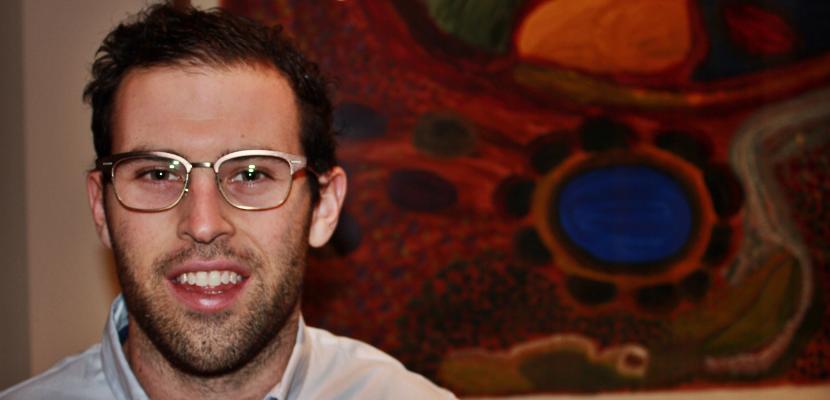
Bond University medicine alumnus, Dr Jack O’Sullivan, has received a prestigious Clarendon Scholarship from the University of Oxford in the United Kingdom, awarded annually to the best and brightest scholars worldwide.
Dr O’Sullivan will be based at Oxford for three years, where he will work on his thesis on preventing overdiagnosis. As part of the Clarendon Scholarship, all tuition and college fees will be fully funded, and he will also receive a generous grant for living expenses.
Having graduated from Bond University’s undergraduate medical program in 2013, Dr O’Sullivan completed an internship at the Royal Brisbane and Women’s Hospital and is now working as a resident doctor at Monash Health in Melbourne.
Dr O’Sullivan said the issue of overdiagnosis was of great interest to him, and he was looking forward to furthering his research on the topic.
"Doctors across all specialities are becoming more aware that some of the tests we order and the procedures we perform are unnecessary. I am very interested in trying to quantify this problem and produce appropriate evidence based guidance to the next generation of clinicians," he said.
“Physical harms of overdiagnosis to the patient include the side effects of medications and unnecessary medical interventions. There is global concern about this issue, and research is being conducted around the world to quantify the scale of the problem."
Dr O'Sullivan said he has continued to work closely with researchers from Bond University since graduating in 2013.
"I have maintained a great working relationship with the research team from the Centre for Evidence-Based Practice at Bond University. I have been working with the Centre’s Director, Professor Paul Glasziou,as well as Professor Chris Del Mar in regards to primary care research."
This will be Dr O'Sullivan's second experience at Oxford University, having completed a selective unit of study in the UK as part of his degree at Bond University.
"Professor Glasziou was formerly the Director at the Centre for Evidence-Based Medicine at Oxford, and due to his ongoing collaboration with this department, I was able to spend two months completing my research unit there in 2013," he said.
“It was a fantastic experience and I have continued to work alongside academics at Oxford since then, publishing several papers.Academics at Oxford are also producing some great research on overdiagnosis and I am looking forward to learning how to conduct research in this area.”
Dr O’Sullivan says it was a combination of his own clinical work and mentorship by academics at Bond and Oxford that sparked his interest in the issue of overdiagnosis, however the main catalyst occurred when he was an invited chair at the Preventing Overdiagnosis conference last year.
“The Preventing Overdiagnosis conference was launched by Bond Professor Paul Glasziou and Dr Ray Moynihan, and is run in partnership with the University of Oxford, Dartmouth College (USA)and the British Medical Journal," he said.
"Chairing the session really ignited my fascination for this topic, and I have now been invited and sponsored to chair another session at the conference in the USA this year, which I am really looking forward to."
Professor Paul Glasziou said he was thrilled with Dr O’Sullivan's success.
“I’m delighted that Jack received this Oxford scholarship. He is bright, enthusiastic, and very capable – I’m sure he’ll do well, and shake up the medical world," said Professor Glasziou.
Dr O’Sullivan will head overseas to commence at Oxford in October this year, at the start of the Michaelmas term.
Oxford is a world-leading centre of learning, teaching and research, and the oldest university in the English-speaking world. Its alumni include greats such as Stephen Hawking, JRR Tolkien and 26 British Prime Ministers.
The University is associated with eleven winners of the Nobel Prize in Chemistry, five in physics and sixteen in medicine.
Further information about the Clarendon Scholarship can be found at the following site: http://www.ox.ac.uk/clarendon/about
Information regarding the Preventing Overdiagnosis Conference may be found here: http://www.preventingoverdiagnosis.net/